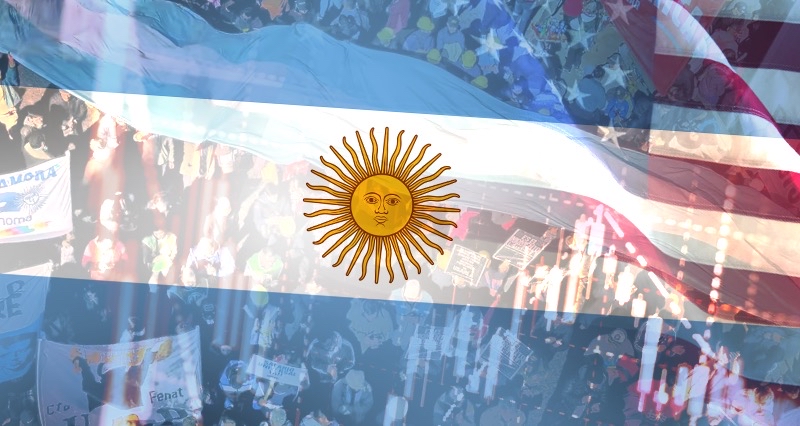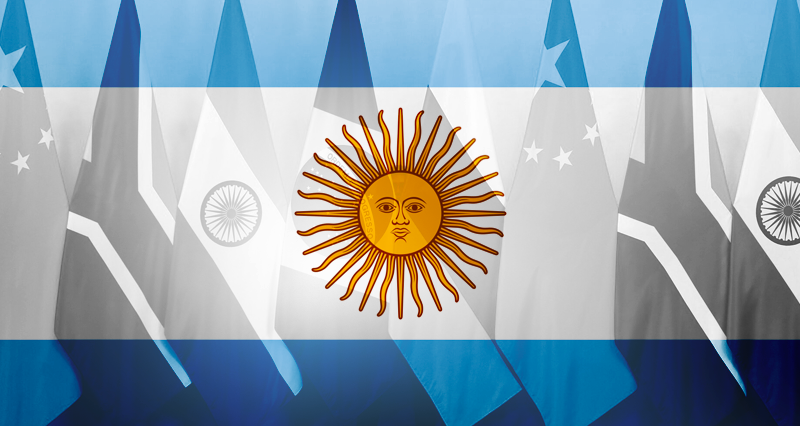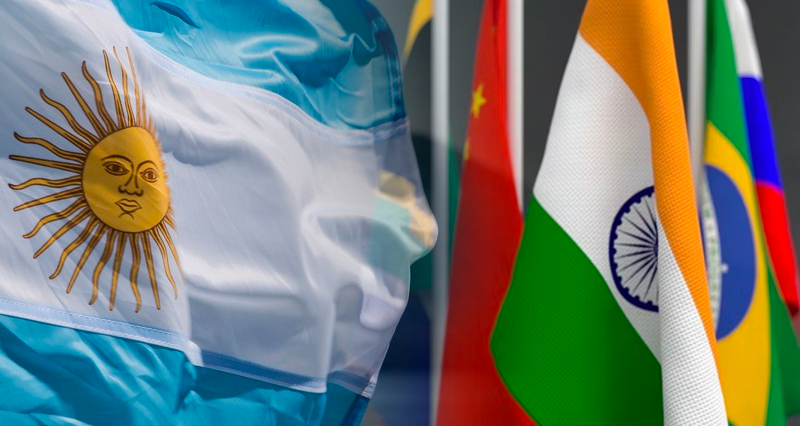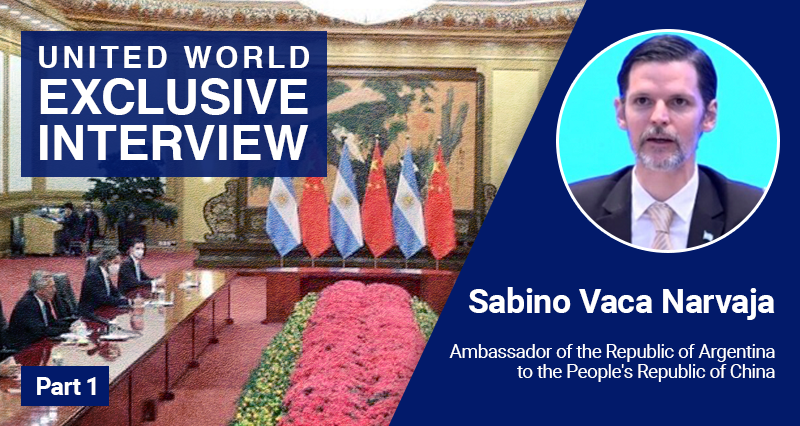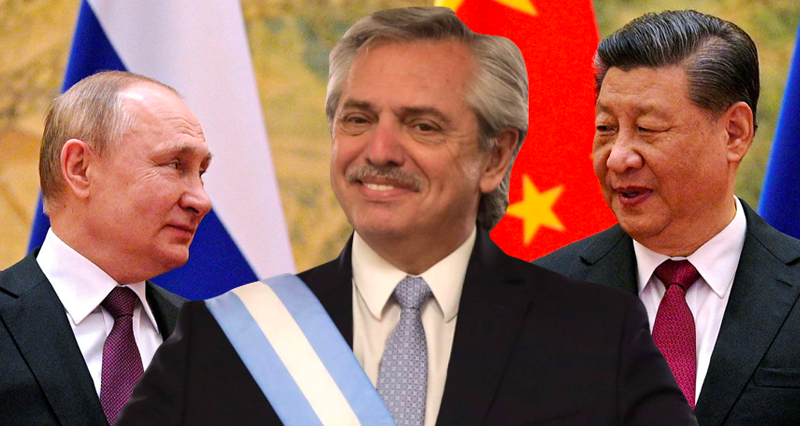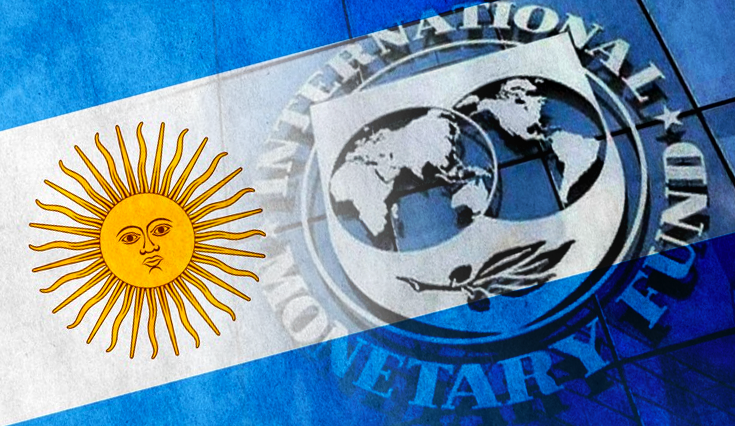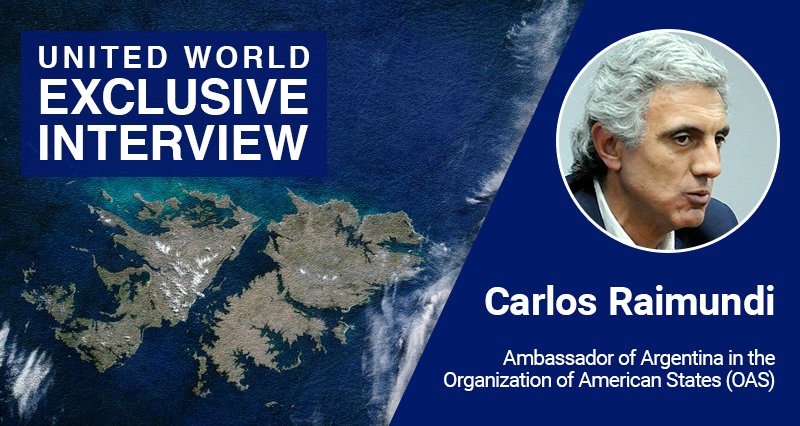By Fernando Esteche / Buenos Aires * The government of the Frente de Todos in Argentina, which at first promised to be a national and popular restoration against the social and economic ravages of the neoliberal Macrism, ended up being a consolidation of the same model. At first sight what appears is the defrauding of the electoral contract that promised ...
Argentina is facing a serious economic crisis that resembles the situation of lots of countries in the world. Low value of national currency, high inflation and an economy open to capital flight and import flooding. All this is accompanied by a conprehensive agreement with the International Monetary Fund (IMF). The people already have started to protest against the conomic situation, ...
As other countries, Argentina is going to economically hard times. The country faces high inflation, the national currency is weak and additional pressures come from long time relations and recent agreements with the IMF. In the last weeks, the people have started protesting the economic situation in demonstrations and on the streets. On the economic situation and the protests, we ...
Interview by Ana Dagorret The global capitalist economy seems in disarray. From increasing inflation to vulnerable supply chains, from endangered food production to energy transition and crisis – complaints and warning calls rise at nearly every chapter and branch of the world economy. United World International thus has started a new series of articles and interviews that will shed light ...
The words of Turkey’s second President İsmet İnönü, one of the leaders of our War of Independence, “A new world will be established, and Turkey will take its place there” have become an apothegm. Behind İnönü’s sentence, there is a realistic foresight: “One day, this defense system of the West will collapse!” The relevant part of İsmet İnönü’s statement for ...
The Ukraine crisis has set debates on the so-called rules based order and multipolarity on the global agenda. BRICS is a usual suspect when talk comes to the polycentric or multipolar world system. And the 2006 established alliance between Brazil, Russia, India and China that later included also South Africa may present news very soon – with the inclusion of ...
By Ana Dagorret * Russia’s military operation in Ukraine triggered a series of measures by Western governments seeking to isolate and weaken Russia. The decision to impose economic sanctions and blockades as a way of putting pressure to stop the operation, in addition to the freezing of about 50% of the reserves that Russia has in other countries, hit the ...
Argentina’s Ambassador to China provides details on his country’s participation in the Belt and Road
Argentina joined the Chinese Belt and Road Initiative in February 2022. Argentinian President Alberto Fernández visited the People’s Republic of China in February 2022 and signed an according agreement. The country’s Ambassador to China evaulated on Argentina’s participation in the initiative. Argentina has become thus the biggest Latin American economy till today to join the initiative. But what does the ...
Argentinian President Alberto Fernandez has concluded his visit to Russia and China. United World International expert Yunus Soner spoke on the visit and its repercussions in Latin America and the reactions from Washington to China Radio International Turkey. Soner said that Fernandez’ visit caused “a series of small political earthquakes”. Below we present the interview as published by CRI Türk. ...
By Sebastian Tapia Argentine President Alberto Fernández toured Russia, China and Barbados this week in the spirit of multipolarity and multilateralism. Beginning to build the post-pandemic foreign policy agenda, the president argued that “the world is multilateral. In that world we must live and develop.” Both the destinations and the topics discussed on the tour affirm the multipolar orientation of ...
In mid-2018, during Mauricio Macri’s three years in power (2015-2019), the International Monetary Fund (IMF) approved a historical loan for Argentina for 57 billion US dollars (USD), of which some 44 thousand were disbursed. The Minister of Economy, Martín Guzmán, has reported that at present: “Argentina owes around 44.5 billion dollars to the IMF.” The government of the Frente de ...
By Oscar Rotundo / Buenos Aires Forty years after the battle for sovereignty in Malvinas and in view of the global offensive of the British colonial policy from the South Atlantic to Ukraine, we interviewed Carlos Raimundi, Argentine representative to the OAS on the current situation of the conflict. The Argentine diplomat classified Britain’s Malvinas policy as “colonialist”, stated that ...







